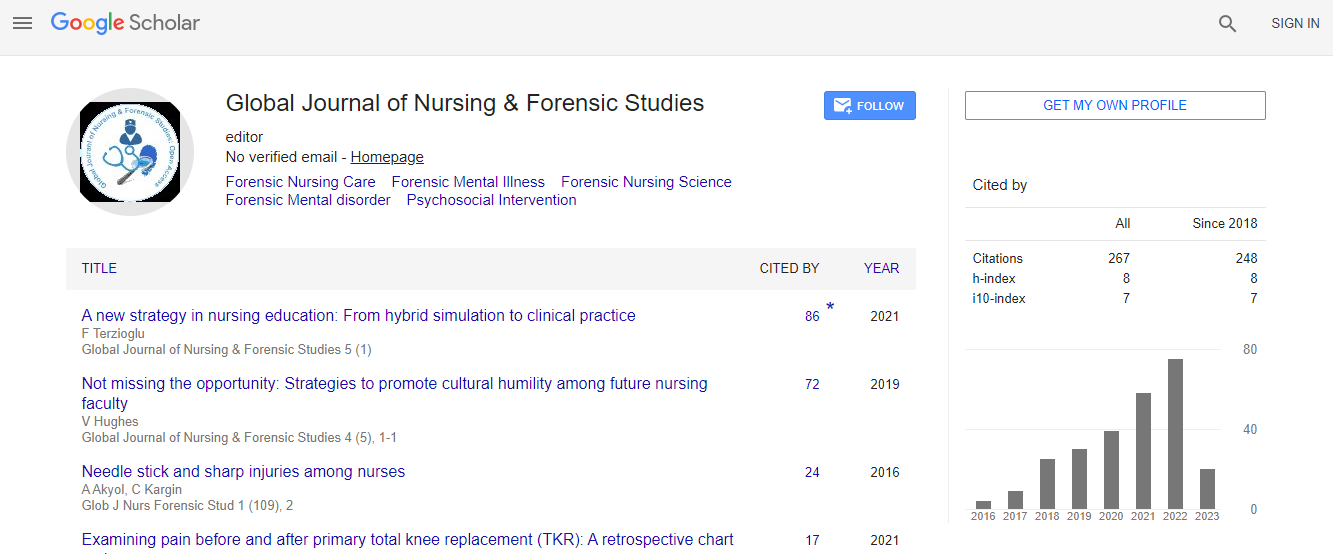Effect of exercise on cancer-related fatigueï¼CRFï¼in patients with prostate cancer: A systematic review
Abstract
Background: Exercise has been broadly applied to many cancer patients to improve cancer-related fatigue in recent years. However, its effect remains mixed to date.
Objective: The purpose of this systematic review was to explore the effect of exercise on cancer-related fatigue in patients with prostate cancer, and to provide a theoretical basis for the symptom management of cancer-related fatigue.
Methods: We searched the literature about RCTs and/or CCTs of evaluating the effect of exercise on cancer-related fatigue in patients with prostate cancer from the following databases as of October 31, 2019: Medline, Embase, CINAHL, Cochrane Library, CNKI, and CBM. We also manually searched the reference lists of the retrieved papers to identify potentially relevant studies. Two researchers independently extracted and assessed the relative data from eligible studies. Meta-analysis was performed using RevMan 5.3.5 version software. The scores of cancer-related fatigue were synthesized using the mean difference (MD) and 95% confidence interval (CI). The statistical heterogeneity of the included studies was analyzed by calculating the I2 statistic and applying a χ2 test.
Results: A total of nine RCTs were included in our systematic review. All the included studies had a moderate possibility of risk-of-bias because of low methodological quality. Meta-analysis result showed that compared with the control group, the exercise group had lower average scores of cancer-related fatigue (MD=-3.11, 95%CI [−5.15, −1.07], P=0.003).
Conclusion: Exercise is more effective at reducing the scores of cancer-related fatigue in patients with prostate cancer, which is worth popularizing and applying in hospital and community. Considering the limitations of the included studies, more robust RCTs are needed to further confirm our conclusion.

